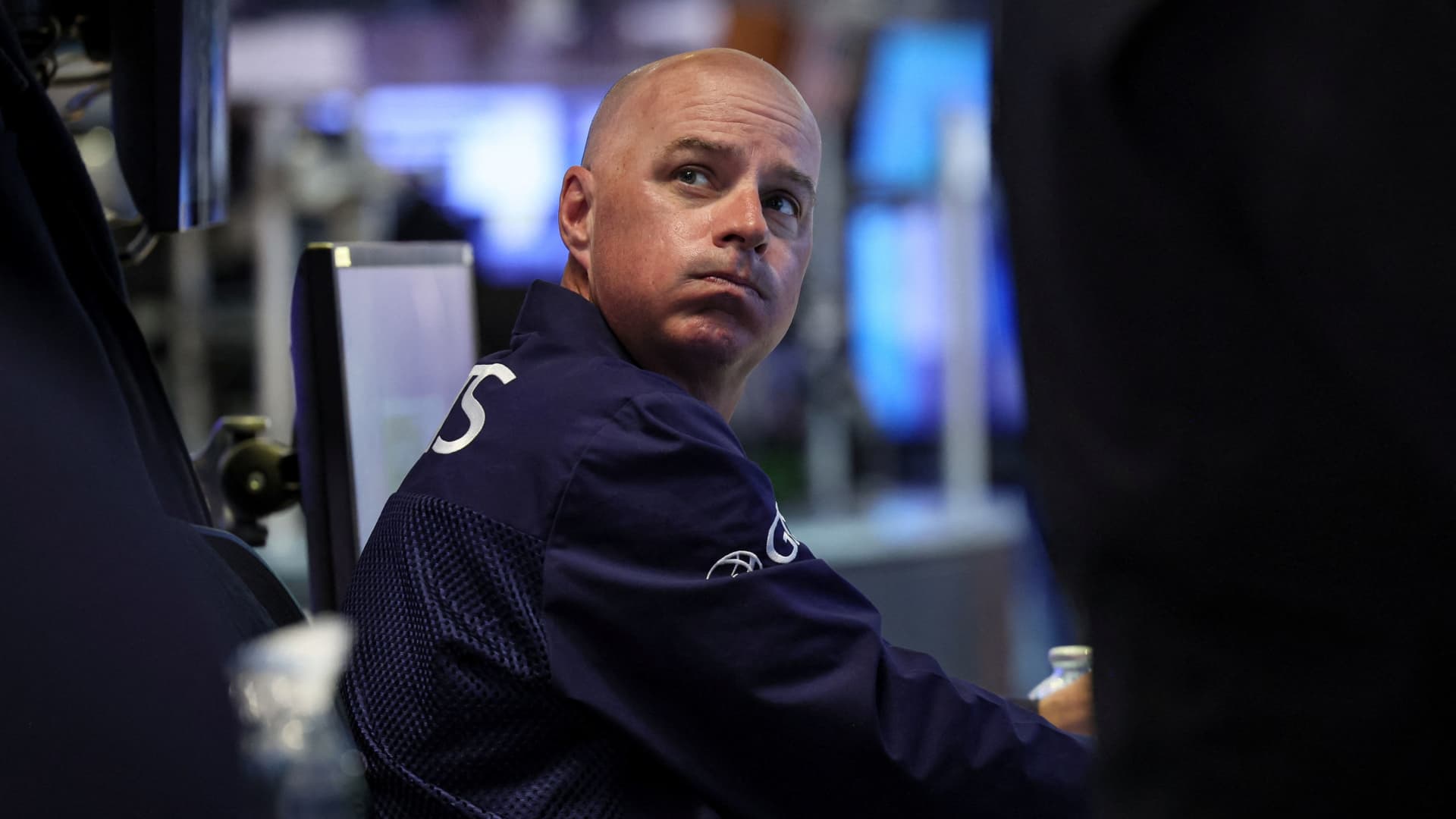A new product puts the leverage of high-powered hedge funds in the hands of the regular investor, allowing them to make a bet that moves 4 times the direction of the stock market on any given day.
The question is, will they want to? And should they, given the many risks that come with such a fast-paced strategy?
Bank of Montreal launched the Max SPX 500 4x leveraged ETNs, which will be the highest leveraged exchange traded product in the U.S., according to CFRA. The notes are based on the S&P 500 Total Return Index and will trade under the ticker “XXXX” beginning on Tuesday.
The launch of the 4x product comes at a time when retail investors and asset management firms are showing a renewed appetite for more volatile products.
Single-stock ETFs tracking major tech stocks like Tesla and Nvidia have started to find traction after launching last year. A fund focused on zero-day options launched in September. And many of the biggest ETF shops — including BlackRock’s iShares — have filed with the SEC to create a bitcoin ETF, which is expected by many industry insiders to be approved early next year.
Investors have shown a preference for the higher leveraged funds, like the popular Direxion Daily Semiconductor Bull 3x Shares (SOXL) ETF.
“Looking at the trends and the data, it’s very clear that the assets and the volumes tend to be more concentrated in the highest leveraged products and also the most volatile sectors,” said Aniket Ullal, the head of ETF and data analytics at CFRA.
Short-term trading only
Like most leveraged products, the XXXX notes are designed for short-term trading. The leverage is reset on a daily basis, and investors should not expect to get the return on the label if they hold onto the note for a long period of time.
“Their performance over longer periods of time can differ significantly from their stated daily objectives. The notes are riskier than securities that have intermediate- or long-term investment objectives, and are not be suitable for investors who plan to hold them for a period other than one day or who have a ‘buy and hold’ strategy,” BMO said in the prospectus.
There are also some key differences between exchange traded notes and the more popular exchange traded funds. While it is rare for an ETN to fail, they do have a measure of credit risk not found in ETFs.
“[ETFs are] just safer for investors in that sense, because you actually have physical holdings of securities that are being marked to market every day. Whereas in the ETN, you’re essentially tracking an index and being promised a certain return,” Ullal said.
The XXXX ETN is technically an unsecured liability of BMO that will mature in 2043.
The ETN is also much more expensive than the traditional passive index funds that many investors use to gain exposure to the S&P 500. The note carries an annualized investor fee of 0.95%. There may also be other costs to fund associating with a daily financing charge or an early redemption fee.
BMO is not the first firm to try out a 4x leveraged product, with some overseas markets offering even higher risk-return products.
And in 2017, the Securities and Exchange Commission did approve two products from a firm called ForceShares that were aimed at delivering 4x leveraged and 4x inverse returns of the S&P 500. However, the SEC quickly paused that decision, and the funds appear to have never launched.
The SEC did not respond to a request for comment on the BMO product, but the regulator did release an investor bulletin in August cautioning that leveraged and inverse products were not designed to be long-term investments.
